Processing High-Strength Flange Fittings



| Product name: | Processing High-Strength Flange Fittings |
| Keywords: | High-Strength Flange Fittings |
| Industry: | Petroleum, natural gas and chemical industry - Petroleum and natural gas industry |
| Process: | Forging - Free forging |
| Material: | Alloy steel |
Processing manufacturer
- There are 31 manufacturers that provide similar products
- There are 155 manufacturers that provide this processing technology
- There are 91 manufacturers that provide this material processing service
- There are 120 manufacturers that provide this industry processing service
Product details
In the petrochemical industry, the processing of high-strength flange fittings is a crucial step, involving material selection, manufacturing processes, standard specifications, and quality control to ensure their safety and reliability in high-pressure, high-temperature, and corrosive environments. The following is a brief overview of the processing of high-strength flange fittings:
1. Material Selection
High-strength flange fittings typically use the following materials to meet the demanding working conditions of the petrochemical industry:
- Carbon Steel: Such as ASTM A105, suitable for general high-pressure environments.
- Low Alloy Steel: Such as A350 LF2, A182 F11/F22, suitable for low-temperature or high-temperature and high-pressure scenarios.
- Stainless Steel: Such as A182 F304/304L, F316/316L, with excellent corrosion resistance, suitable for acidic or saline media.
- High-Strength Alloy Steel: Such as A694 (F42 to F70), used for ultra-high pressure or extreme conditions.
- Titanium Alloy: Such as titanium flanges, used for special corrosive environments.
Material selection needs to be optimized according to the requirements of the pipeline medium (corrosivity, temperature, pressure) and standards (such as SH 3405-1996).
2. Processing Technology
The processing of high-strength flange fittings usually includes the following steps:
- Forging: Forming high-strength billets through high-temperature forging to ensure a dense internal structure of the material and eliminate defects. Forged flanges (such as weld neck flanges, slip-on flanges) have higher strength than cast flanges and are suitable for high-pressure systems.
- Machining: Using CNC lathes, milling machines, and other equipment for precise machining to ensure that the dimensional tolerances and surface roughness of the flange meet standards (such as HG20592-97 or ANSI standards). Key parts include the sealing surface (flat face, raised face, or tongue and groove face) and bolt holes.
- Heat Treatment: Improving the strength and toughness of the material through processes such as normalizing, quenching, and tempering to meet high-pressure operating conditions.
- Surface Treatment: Such as sandblasting, galvanizing, or coating treatment to enhance corrosion resistance.
Similar products
More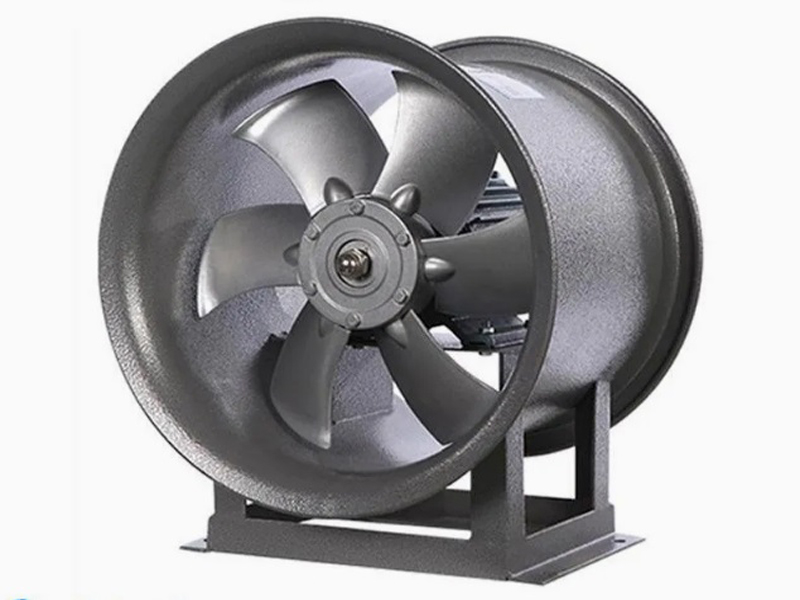
What are the machining processes used for processing axial fan housings
- Process : Sheet metal - Welding
- Material : Carbon steel
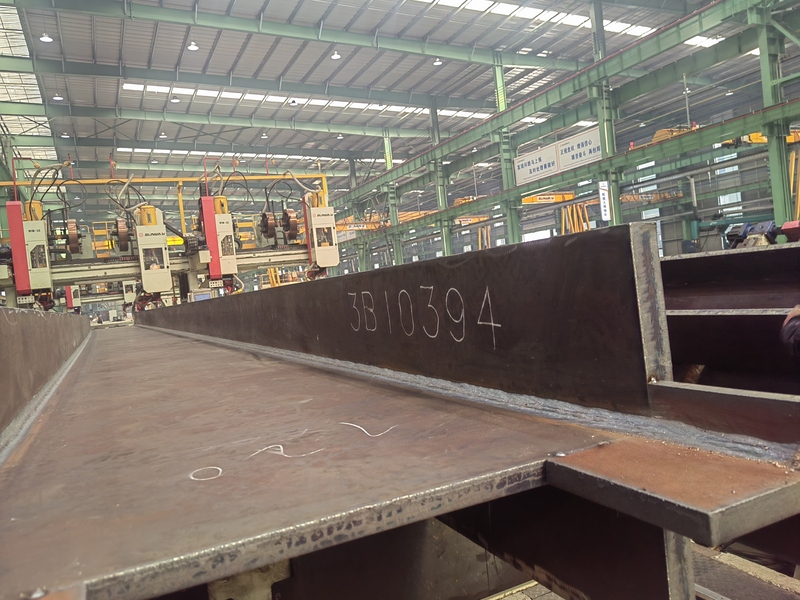
Custom Fabrication of S355JR Welded H-Beams for Construction Projects
- Process : Sheet metal - Welding
- Material : Carbon steel
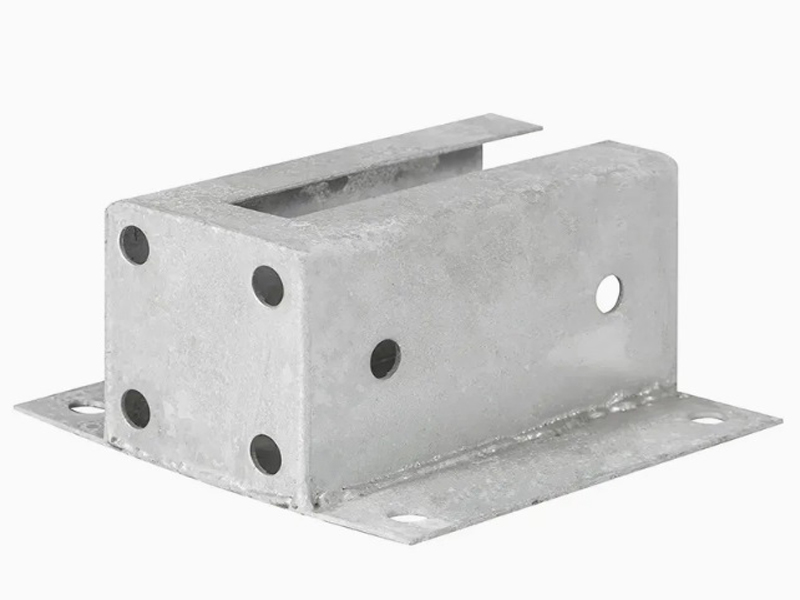
Machining Process Analysis of Carbon Steel Fixed Anchor Plates
- Process : Machining - CNC milling or milling machining
- Material : Carbon steel
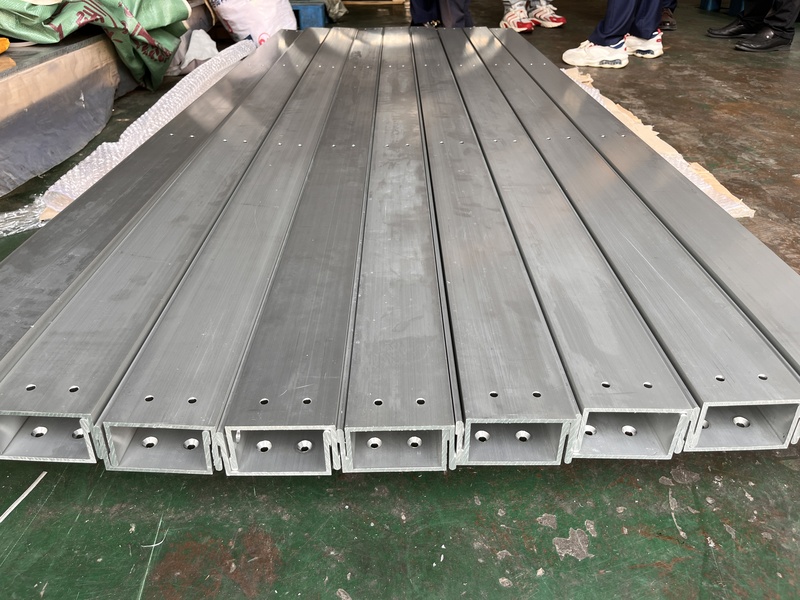
Precision Machining of U-Steel Profiles for Building Applications
- Process : Stamping - General stamping
- Material : Aluminum
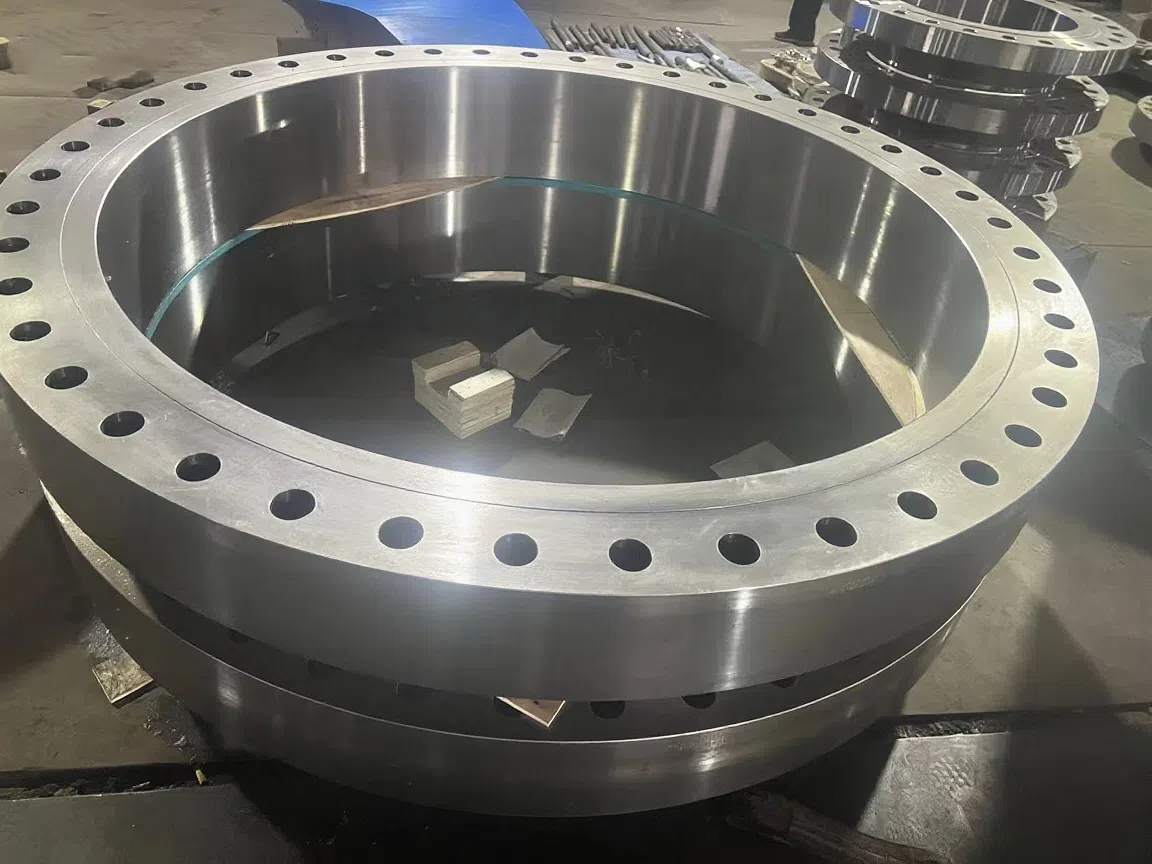
Heavy-Walled Flange Milling-Turning Machining and Flaw Detection
- Process : Machining - Turning Milling compound
- Material : Alloy steel
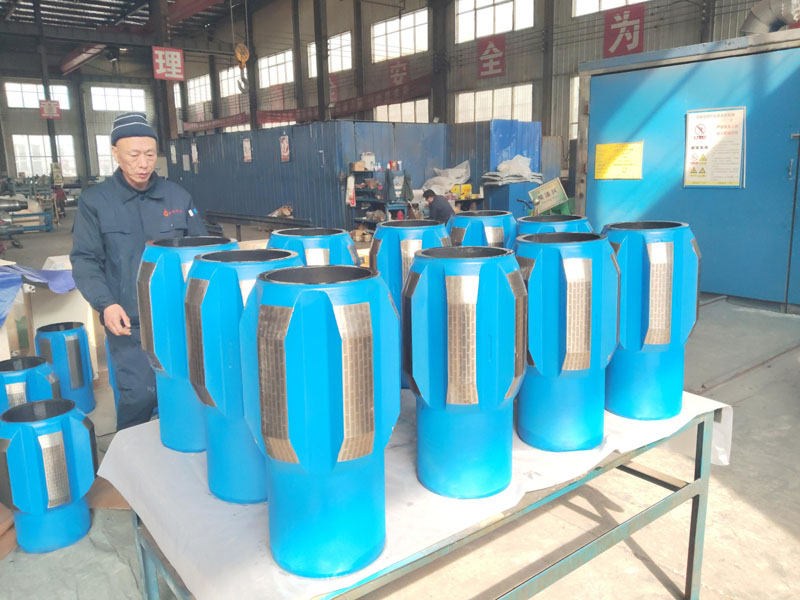
Drill Stabilizers Applied in Oil Drilling Platforms
- Process : Machining - Five-axis machining
- Material : Alloy steel
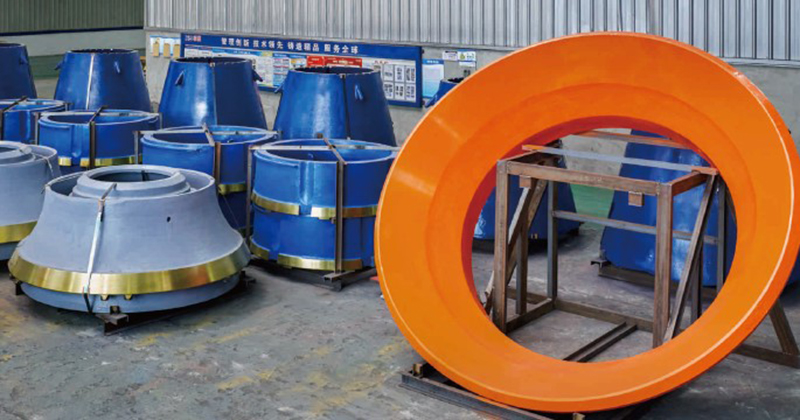
Cone Crusher Mantle
- Process : -
- Material :
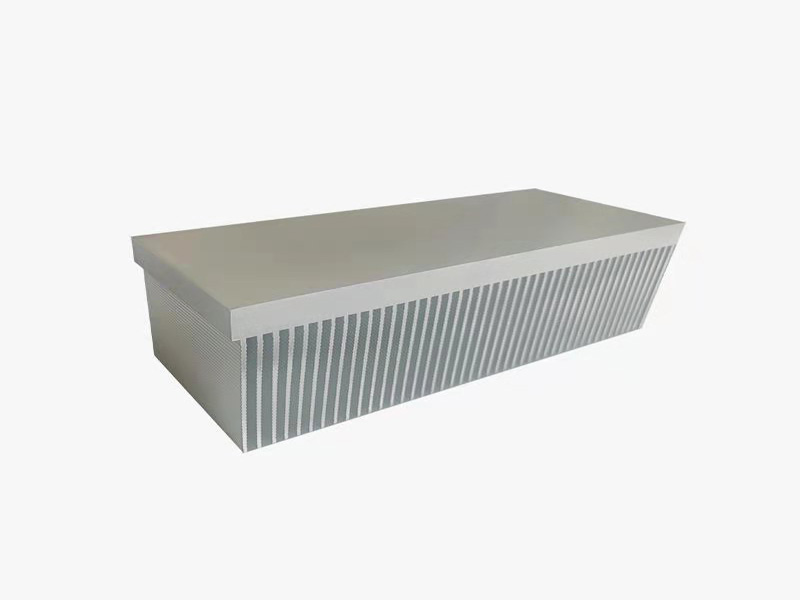
Innovative skiving technology: Breaking through the bottleneck of high-density heat dissipation technology
- Process : Surface treatment - Others
- Material : Alloy steel
More products
More
What are the machining processes used for processing axial fan housings
- Process : Sheet metal - Welding
- Material : Carbon steel

Custom Fabrication of S355JR Welded H-Beams for Construction Projects
- Process : Sheet metal - Welding
- Material : Carbon steel

Machining Process Analysis of Carbon Steel Fixed Anchor Plates
- Process : Machining - CNC milling or milling machining
- Material : Carbon steel

Precision Machining of U-Steel Profiles for Building Applications
- Process : Stamping - General stamping
- Material : Aluminum

Heavy-Walled Flange Milling-Turning Machining and Flaw Detection
- Process : Machining - Turning Milling compound
- Material : Alloy steel

Drill Stabilizers Applied in Oil Drilling Platforms
- Process : Machining - Five-axis machining
- Material : Alloy steel

Cone Crusher Mantle
- Process : -
- Material :

Innovative skiving technology: Breaking through the bottleneck of high-density heat dissipation technology
- Process : Surface treatment - Others
- Material : Alloy steel